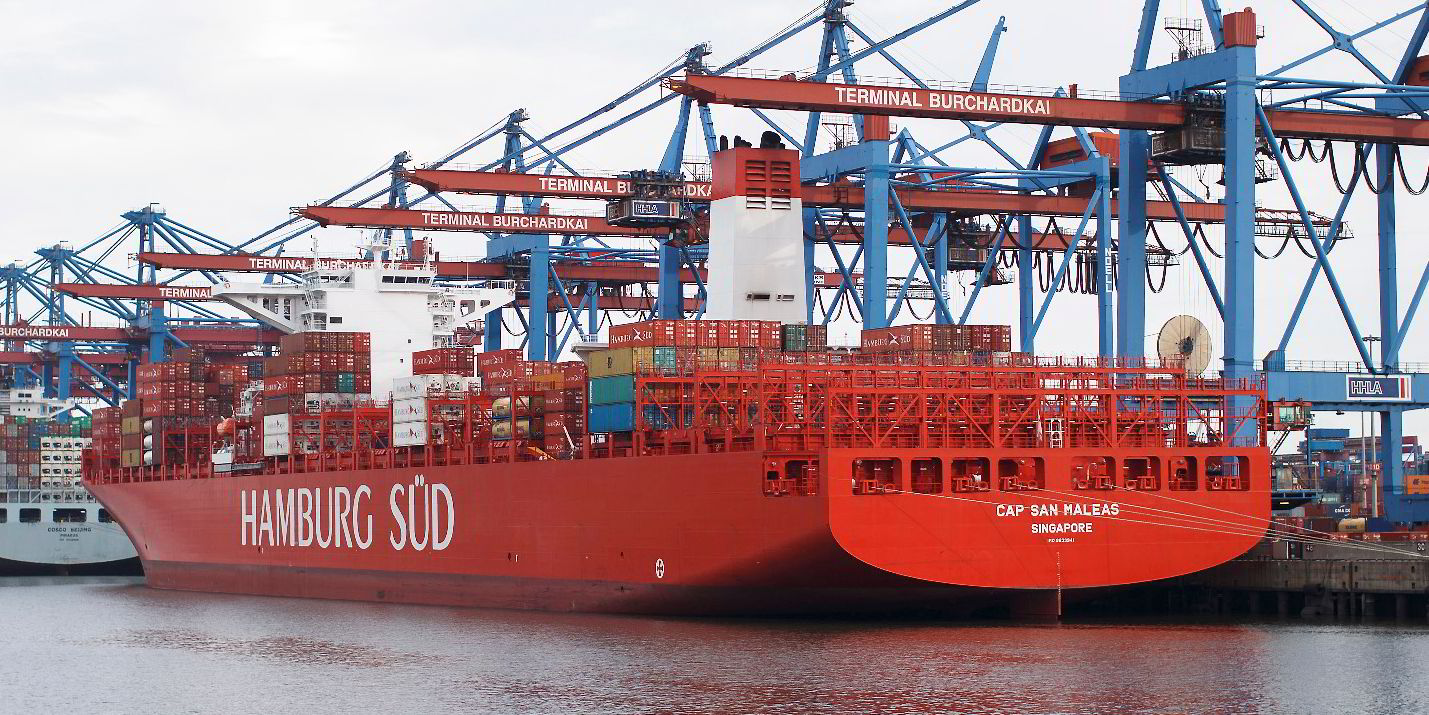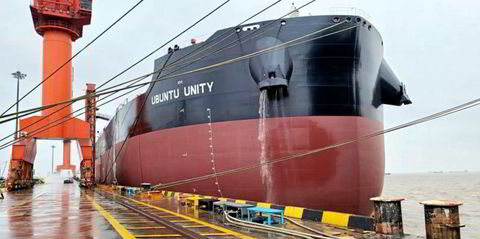Market sentiment has some brokers questioning whether they are ‘digging their own graves’ as five years from now they may have little business left.
Shipowning in Germanyhas become a battle for survival. For several years, German shipowners have been waiting for a recovery that never came.
It has been likened to the Samuel Beckett play, “Waiting for Godot”, in which characters wait in vain for the mysterious Godot.
But




